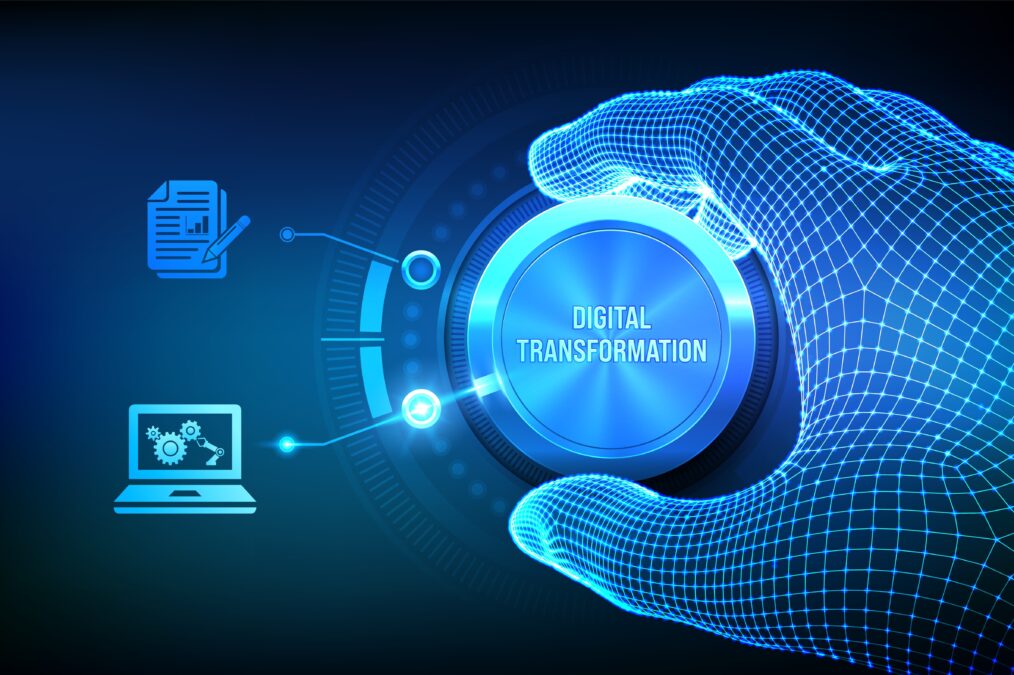Technology has long been touted as the solution to some of society’s greatest challenges, including inequality and climate change. OpenText World, the largest conference for information management, hosted by Canada’s leading software company OpenText, brought together over 7,500 guests from 80 countries and immersed them in a wave of optimism. Al Gore and neuroscientist Poppy Crum were among the speakers who urged attendees to invest in existing innovations. Their message was clear: technology has the potential to address the world’s most significant problems, but only if utilized correctly.
Here are the conference’s top five takeaways:
The Infodemic Threatens Human Progress
OpenText CEO and CTO Mark J. Barrenechea opened the conference by warning of the “infodemic,” or the spread of misinformation. He urged organizations to equip citizens with the tools they need to fight against harmful untruths. This should go beyond offering advice like “read past the headlines,” “research authors,” and “consider your biases.” Private institutions and companies like OpenText also have a responsibility to build safeguards into their products and promote consumer trust.
Cybersecurity for Remote Work Requires Personal Protection
Since the COVID-19 pandemic hit, roughly 75% of businesses have shifted to remote work, leading to a five-fold increase in cyberattacks. Secure and reliable software is necessary to manage everything from intelligence records to digital meetings, which can aid in protecting classified information related to international security. At OpenText World, Catherine Gerth, acting director of NATO’s ICT management department, called for internet security to extend into employees’ personal lives, emphasizing the importance of safe and reliable software.
The Moral Will to Change Is Renewable
Former US Vice President Al Gore focused his talk on how climate change, racism, poverty, and disease are interconnected and highlighted the disproportionate impact these societal ills have on minority and low-income communities. However, Gore maintained that the interdependence of these challenges means that the solutions can also be linked together. He thinks that the world is now undergoing the first Sustainability Revolution, comparable in scale to the Industrial Revolution and as rapid as the Digital Revolution. According to Gore, the clean tech industry is outpacing coal and oil sectors, corporations are sharing data to combat the issue, and inventions like hydrogen batteries are rapidly moving into the mainstream.
Tech Knows More About Us Than We Do Ourselves
Neuroscientist Poppy Crum presented a topic on the emotional sensitivity of technology and emphasized how we wear “poker faces” on the streets to cope, but underneath our emotional façades lie hints about our physical and mental health. Empathetic AI and emotionally-sensitive technologies are replacing the old-fashioned one-size-fits-all product development approach, which has traditionally reflected white, European men. Such technology means that computers can already detect dementia in a person’s voice, and eyeglasses can scan eyes for health issues while recording our everyday activities for reference. If we can ensure built-in privacy, security and trust, living, working, training and healing in both homes and public places can bring about an enlightened partnership between humans and machines.
Corporations Need Direct-to-Consumer Infrastructure to Succeed
AIIM found that 87% of consumers want better online experiences, and 61% will abandon a brand after one poor experience according to Customer Service Statistics by 2023. Electro-beauty group L’Oréal is one of the many large corporations that understood the importance of direct-to-consumer infrastructure long before the pandemic upended the retail sector.
Lubomira Rochet, Head of L’Oréal’s digital division from Paris, emphasized the significance of the L’Oréal brand’s direct-to-consumer engines, powered by OpenText and the role it played in maintaining the corporation’s 2019 $31 billion revenue. With luxury distributors and hair salons shut down due to the pandemic, Rochet’s team promoted enjoyable e-commerce experiences to help create new jobs. An efficient supply chain, which was covid-proof, allowed L’Oréal and its different brands to enhance its competitive advantage.
In conclusion, OpenText World was packed with lessons for individuals and corporations alike. The conference participants acknowledged the potential of Technology and data to cause harm but also embraced it as a solution to many of the world’s most pressing problems. To achieve this, people from all fields of work have to work together for a better future. The uncommitted needs to press harder, those seeking ways forward have to be persistent, and those willing to take risks must be more forthright than ever before.
Article published in MaRS







